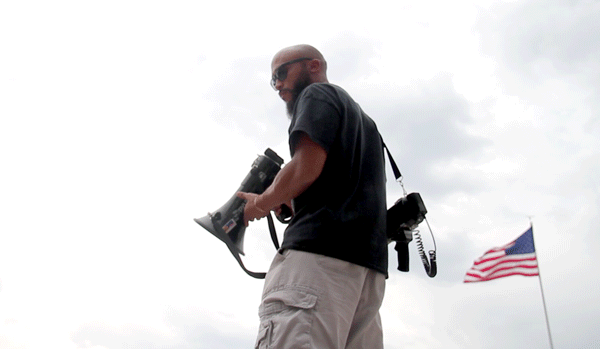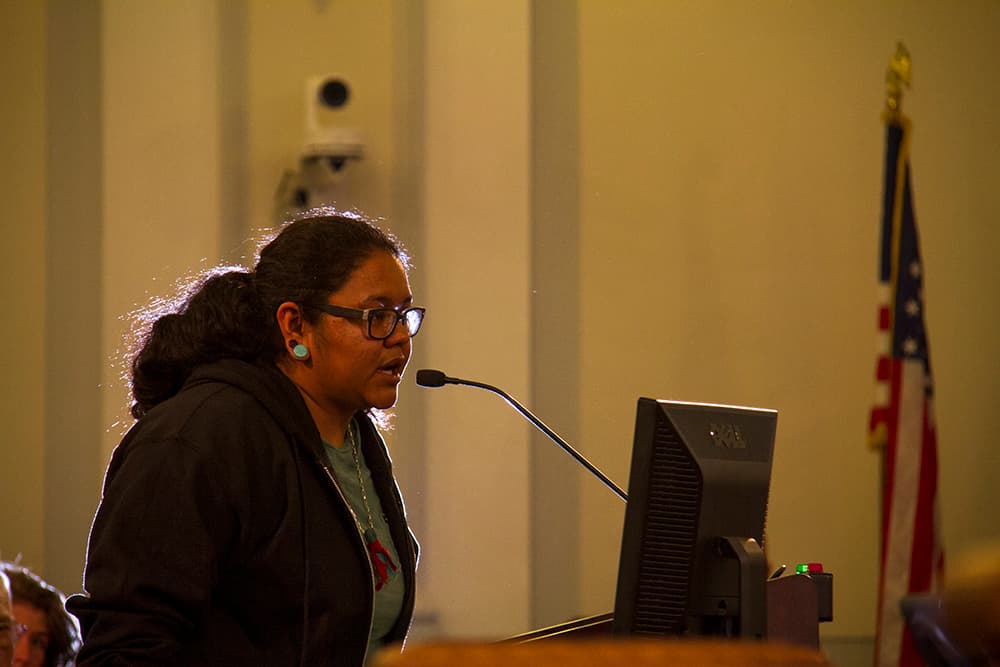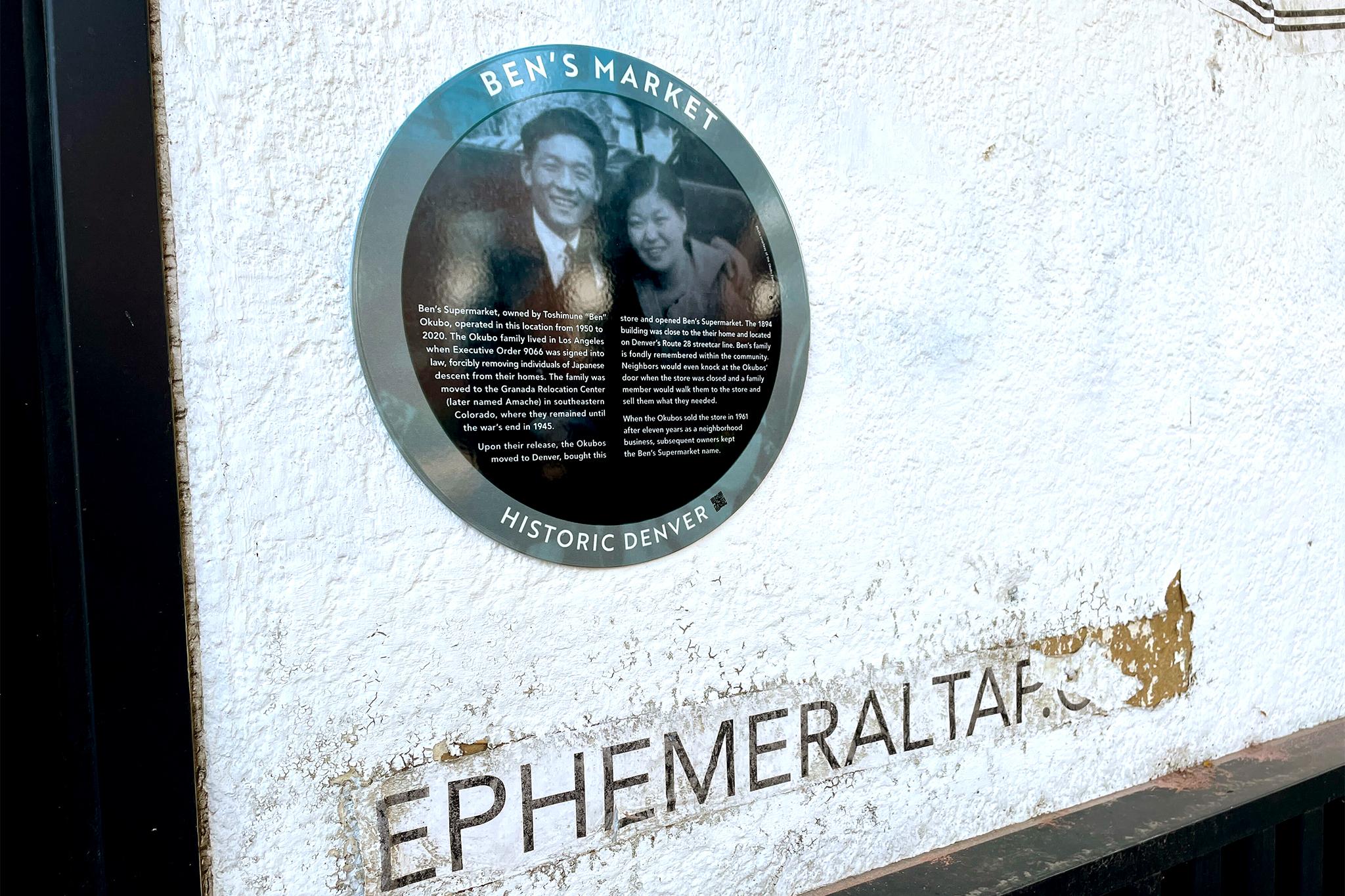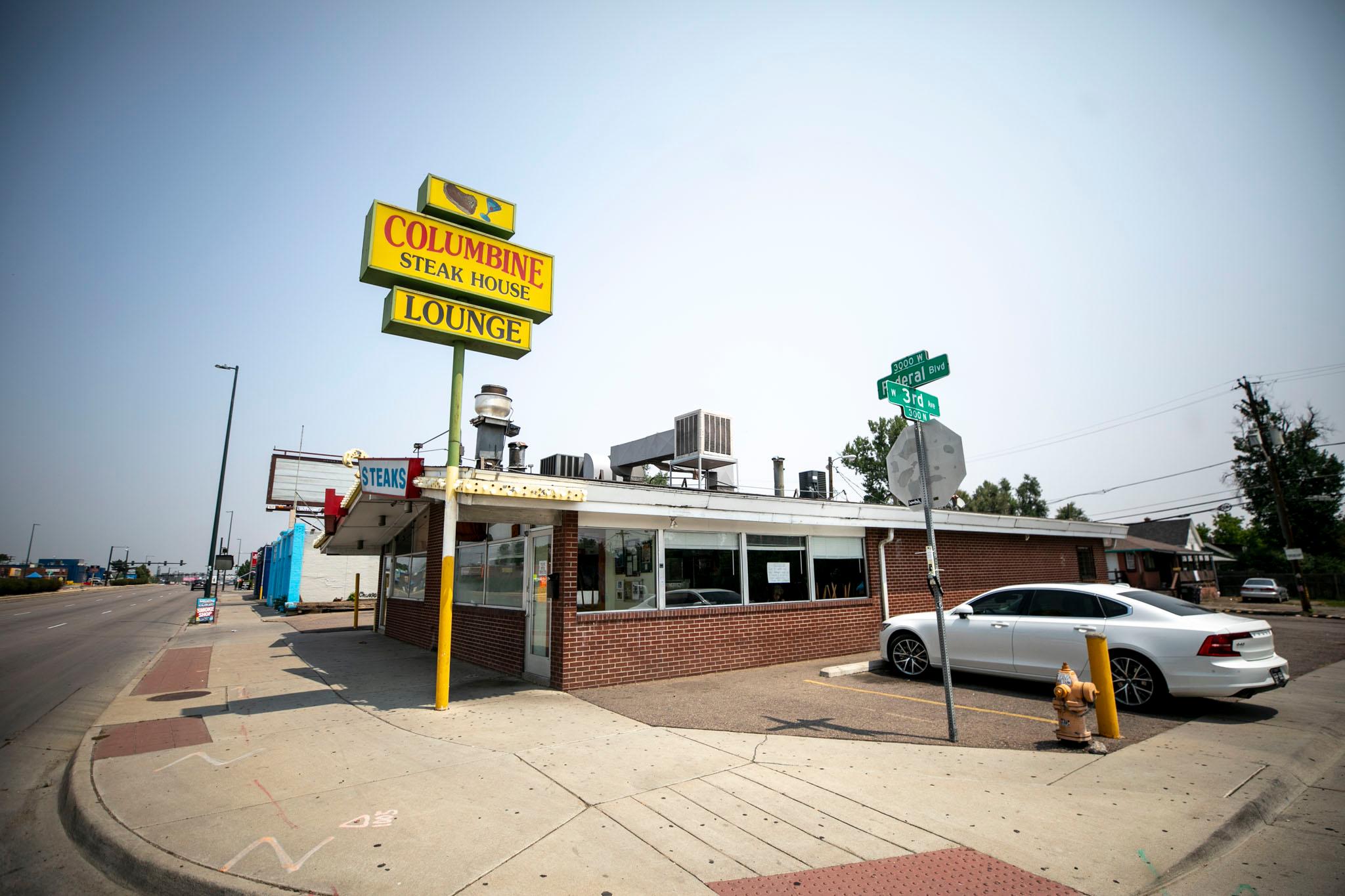
Denver voters will decide in November whether the Office of the Independent Monitor is important enough to enshrine in the city charter, the equivalent of the city's constitution.
It's a step that is both vital and not enough, nearly two dozen speakers told the Denver City Council Monday before the council voted unanimously to place the charter amendment on the ballot.
"This is an important first step, but it is also pitifully insufficient," said Roshan Bliss of Denver Justice Project, which has pushed for expanded authority for the independent monitor. "... This is the first step in an important fight to change how we hold police accountable. Milwaukee is burning. Denver is second only to Baltimore in police killings. You can stop us from being next."
That "second only" comes from a 2014 analysis done by the North Denver News using Centers for Disease Control data on homicides that occurred between 1999 and 2012. They counted every death from "legal intervention." Official data on police killings is notoriously incomplete, and the actual rankings may well be different. The Department of Justice decided last year not to require police departments to report officer-involved shootings, but it will do more to confirm reports. The Colorado Independent reported last year that Denver has paid out more than Baltimore to settle claims of excessive force.
The Department of Justice recently slammed the Baltimore Police Department for a widespread culture of bias. The department is entering into a consent decree with the feds that will require numerous changes.
The Office of the Independent Monitor was founded in 2005 and provides civilian oversight for the Denver Police and Sheriff's Departments. While its authority is limited, the independent monitor has found fault with police practices and recommended discipline and policy changes even when District Attorney Mitch Morrissey determined a police shooting was legally justified.
Last year, the department changed its policy to no longer allow Denver police officers to fire at moving vehicles unless someone is shooting at them from the vehicle. That came after Independent Monitor Nick Mitchell raised questions about how police handled four cases that resulted in two deaths and could have endangered civilians. The independent monitor also played an important role in the Denver Sheriff's Department changing its use of force policy.
This is why advocates for police reform think the Office of the Independent Monitor is so important. The Denver Justice Project was starting to collect signatures to place a charter amendment protecting the office on the ballot when Councilman Paul Lopez agreed to carry the amendment.
Right now, the office exists by ordinance and could be eliminated by a future mayor and City Council if the political environment were to change. Putting the office in the charter guarantees it can only be eliminated by another vote of the people.
The amendment does not expand the authority of the independent monitor, but it does put the office on the same legal footing as the police chief and other department heads.
"This change would not cost the city of Denver taxpayers any additional money, and it would codify an office that is just as useful as a mayor or a police chief," said Alex Landau, co-founder of the Denver Justice Project and himself the victim of a severe beating by Denver police officers. "Relationships between the community and the police are not good. ... This is a great step down the road toward repairs."
Miriam "Mimi" Madrid Puga noted that Monday also brought an announcement that officers involved in the 2014 killing of Ryan Ronquillo had been promoted, when the independent monitor had recommended one of them, Joel Bell, then a sergeant and now a lieutenant, be disciplined. Another officer, Jeffrey DiManna, shot at Ronquillo and also shot and wounded Sharod Kindell in 2015. DiManna was promoted to sergeant.
"We need this office," Madrid Puga said. "There are families who are still grieving. There are families who still have questions."

Darlene January, Kindell's aunt, said she is a retired city of Denver employee with relatives in law enforcement, but she cannot trust "good police."
"I know what goes on behind the scenes," she said. "I have this mistrust, even with the good police, because they have this code, this blue wall of silence. OIM has been my backbone. It is my safety shield."
Of some 20 speakers Monday, all were in favor of the charter amendment. The police union had expressed concerns earlier this year, but no one from the union spoke at the public hearing. Lopez said he was told the union is not taking a formal position for or against the amendment.
Lopez said the amendment is not "anti-police" but is about restoring community trust and making sure bad officers don't tarnish the reputation of the rest.
"We have to have citizen oversight to protect the integrity of the badge," he said.
In speaking of the need for police accountability, Lopez made a statement that is obviously true yet elides an important fact.
"The only people who should be afraid of men and women in uniform are the people committing crimes," he said. "If you just get pulled over, you shouldn't expect to lose your life."
Some of the most prominent use of force cases in Denver in recent years have involved people who were suspected of committing crimes. Police were trying to arrest Ronquillo on suspicion of stealing cars. Jessica Hernandez, the 17-year-old shot and killed last year, was driving a stolen car. Joseph Valverde was armed and the subject of a drug sting.
The Office of the Independent Monitor is also there for people who commit crimes or who might have committed crimes, to make sure the police are doing everything they can to arrest them safely and keep them safe in custody, so they get their day in court.
Assistant Editor Erica Meltzer can be reached via email at [email protected] or twitter.com/meltzere.
Subscribe to Denverite’s newsletter here.












